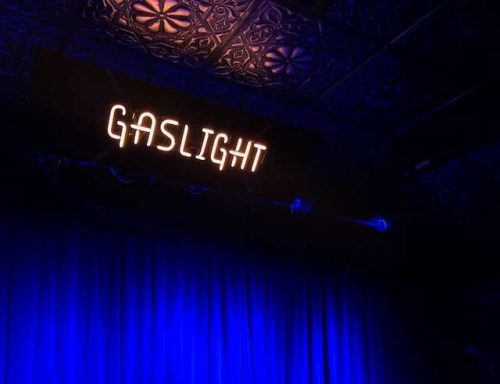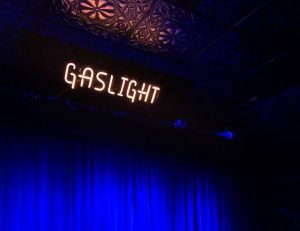‘Gaslighting’ is Merriam-Webster’s 2022 word of the year
“煤气灯效应”成为《韦氏词典》2022年度热词
This year, the number of times people looked up Merriam-Webster’s definition of gaslighting skyrocketed 1740 percent compared to 2021.
2022年,《韦氏词典》中gaslighting的查询次数激增1740%。
So it seems fitting that the dictionary named it 2022’s word of the year.
因此,这个单词当选该词典2022年度词汇似乎是理所当然的。
Merriam-Webster actually has two definitions for the noun.
《韦氏词典》对gaslighting有两条定义。
The first is as follows: “psychological manipulation of a person usually over an extended period of time that causes the victim to question the validity of their own thoughts, perception of reality, or memories and typically leads to confusion, loss of confidence and self-esteem, uncertainty of one’s emotional or mental stability, and a dependency on the perpetrator.”
其中一条指:对一个人的心理操纵,通常持续很长一段时间,导致受害者质疑自己的思想、对现实的感知或记忆的可靠性,通常导致困惑、信心和自尊的丧失、情绪或精神的不稳定,以及对施暴者的依赖。
US-based author of The Gaslight Effect, Dr Robin Stern, outlined the insidious nature of gaslighting, writing: “It’s a form of emotional abuse and manipulation that is difficult to recognize and even harder to break free from.”
《煤气灯效应》的美国作者罗宾•斯特恩博士概述了“煤气灯”阴险的本质,写道:“这是一种难以识别的情感虐待和操纵,甚至更难以摆脱。”

But as Merriam-Webster explained in a blog post, people these days don’t just use gaslighting to describe total reality-distorting manipulation. It can also refer more generally to “the act or practice of grossly misleading someone especially for one’s own advantage.” 但《韦氏词典》在一篇博文中表示,现在gaslighting不仅形容扭曲事实的思想控制,也可以泛指“特专指为自己的利益而严重误导别人的行为或做法”。
With all the disinformation floating around the internet, it can be tough to realize when you’re being gaslighted into discarding your own perceptions or beliefs.
由于互联网上充斥着虚假信息,当你被激怒而抛弃自己的看法或信念时,是很难意识到自己被操控了。








-150x150.jpg)